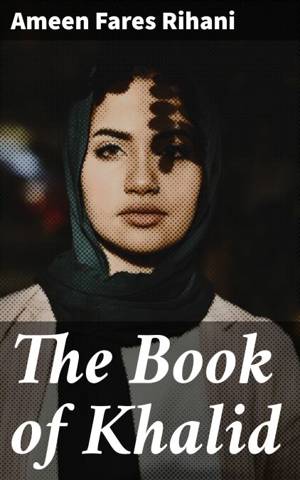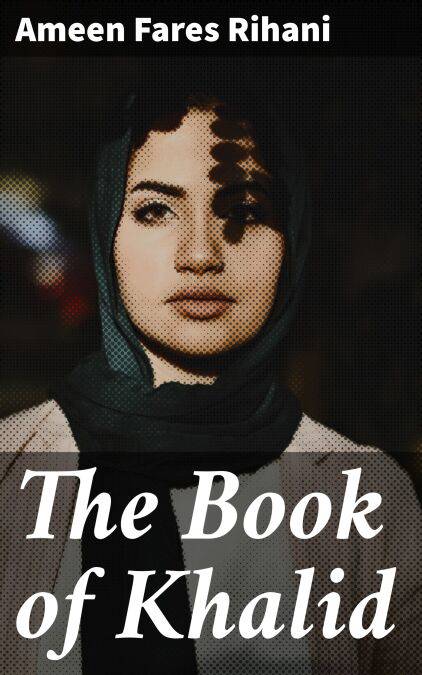
Bedankt voor het vertrouwen het afgelopen jaar! Om jou te bedanken bieden we GRATIS verzending (in België) aan op alles gedurende de hele maand januari.
- Afhalen na 1 uur in een winkel met voorraad
- In januari gratis thuislevering in België
- Ruim aanbod met 7 miljoen producten
Bedankt voor het vertrouwen het afgelopen jaar! Om jou te bedanken bieden we GRATIS verzending (in België) aan op alles gedurende de hele maand januari.
- Afhalen na 1 uur in een winkel met voorraad
- In januari gratis thuislevering in België
- Ruim aanbod met 7 miljoen producten
Zoeken
The Book of Khalid E-BOOK
An Immigrant's Journey of Cultural Exploration and Self-Discovery in Progressive Era America
Ameen Fares Rihani
E-book | Engels
€ 0,49
Uitvoering
Omschrijving
In "The Book of Khalid," Ameen Fares Rihani weaves a rich tapestry of Eastern and Western philosophies through the journey of its titular character, Khalid, a young Lebanese poet navigating the complexities of identity and exile. Written in a lyrical prose that reflects Rihani's dual heritage, the narrative aligns with the tradition of early 20th-century modernism while incorporating elements of romanticism and existential reflection. The novel grapples with themes of belonging, vision, and the quest for meaning, illustrating the tension between personal aspirations and societal constraints, all set against the backdrop of a rapidly changing world. Ameen Fares Rihani, often called the father of modern Arab nationalism, was profoundly influenced by his dual upbringing in America and Lebanon. His experiences with immigration and cultural dislocation deeply informed his narratives. Rihani's scholarly pursuits in philosophy and literature, combined with his role as a cultural mediator between East and West, provided the impetus for "The Book of Khalid," making it a seminal work that bridges cultural divides and enriches literary dialogue. This book is highly recommended for readers interested in the exploration of identity and cultural hybridity, as well as those who appreciate artfully crafted prose that challenges conventional narrative forms. Rihani's work is not just a novel but a compelling statement on the immigrant experience and the search for selfhood, making it a timeless read for contemporary audiences.
Specificaties
Betrokkenen
- Auteur(s):
- Uitgeverij:
Inhoud
- Aantal bladzijden:
- 409
- Taal:
- Engels
Eigenschappen
- Productcode (EAN):
- 4057664638915
- Verschijningsdatum:
- 24/04/2021
- Uitvoering:
- E-book
- Beveiligd met:
- Digital watermarking
- Formaat:
- ePub

Alleen bij Standaard Boekhandel
Beoordelingen
We publiceren alleen reviews die voldoen aan de voorwaarden voor reviews. Bekijk onze voorwaarden voor reviews.









